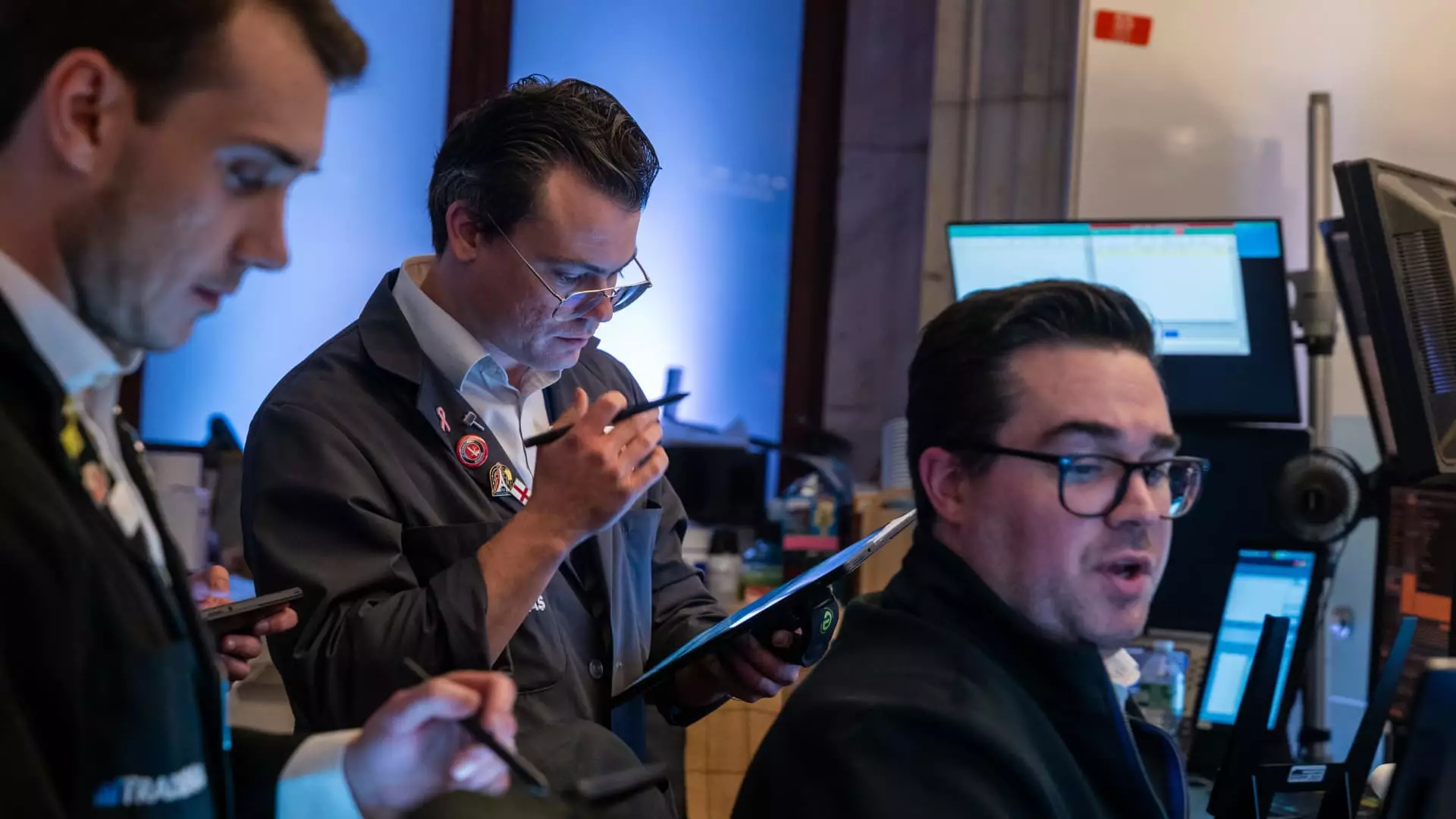Recent data from Charles Schwab’s latest quarterly client survey reveals a striking contrast between optimism and valuation concerns among traders. Despite operating in what many characterize as an expensive stock market, active traders are increasingly expressing bullish sentiments, suggesting a potential continuation of the current bull run. The survey, which polled 1,040 active traders last month, highlights a notable divergence in sentiment: bullish traders outnumber bearish ones by 51% to 34%. This growing optimism is particularly pronounced among younger traders under 40, whose bullishness surged to 59% from 47% in the previous quarter.
This pronounced optimism, especially from younger investors, suggests that many traders see opportunities despite their concerns regarding market valuation. According to James Kostulias, head of trading services at Charles Schwab, even though a significant majority acknowledges that the market may be overvalued, they also perceive that there is still momentum for further gains. Over half of the traders indicated intentions to inject more capital into stocks in the upcoming quarter. This behavior is characteristic of a market where confidence may sometimes lead to irrational decision-making, especially in the face of possible overvaluation and economic uncertainty.
Historically, high levels of trader optimism can act as a contrary indicator, particularly when traders express concern over potential market froth. The findings of Schwab’s survey indicate a growing acknowledgment that while there are exciting opportunities, caution could be warranted given the backdrop of the current economic landscape. The S&P 500 has shown a subdued increase of just 1.3% over the year, and the tech-oriented Nasdaq Composite has even slipped into negative territory, raising alarms about the overall market health.
Traders have displayed particular enthusiasm for select sectors, such as energy, technology, finance, and utilities. These sectors stand to benefit potentially from the policies anticipated under the current administration, including deregulation efforts. Moreover, the survey results show a noticeable decline in economic recession fears, with only a third of respondents finding it somewhat likely, a sharp drop from 54% the previous quarter. Interestingly, two-thirds of traders expressed a belief that inflation pressures would stabilize rather than resurge, reflecting a stabilizing outlook regarding economic conditions.
As we move forward, the juxtaposition of elevated bullish sentiment against an awareness of potential overvaluation poses compelling questions for investors. While confidence among traders suggests there are still opportunities for growth, the uncertainties surrounding market stability warrant vigilance. The coming months will be critical as traders navigate these complexities, balancing their optimistic views with an acknowledgment of the potential for volatility in the face of changing economic indicators. Overall, it remains imperative for traders to maintain a level of caution while pursuing opportunities in this intricate landscape.


Leave a Reply